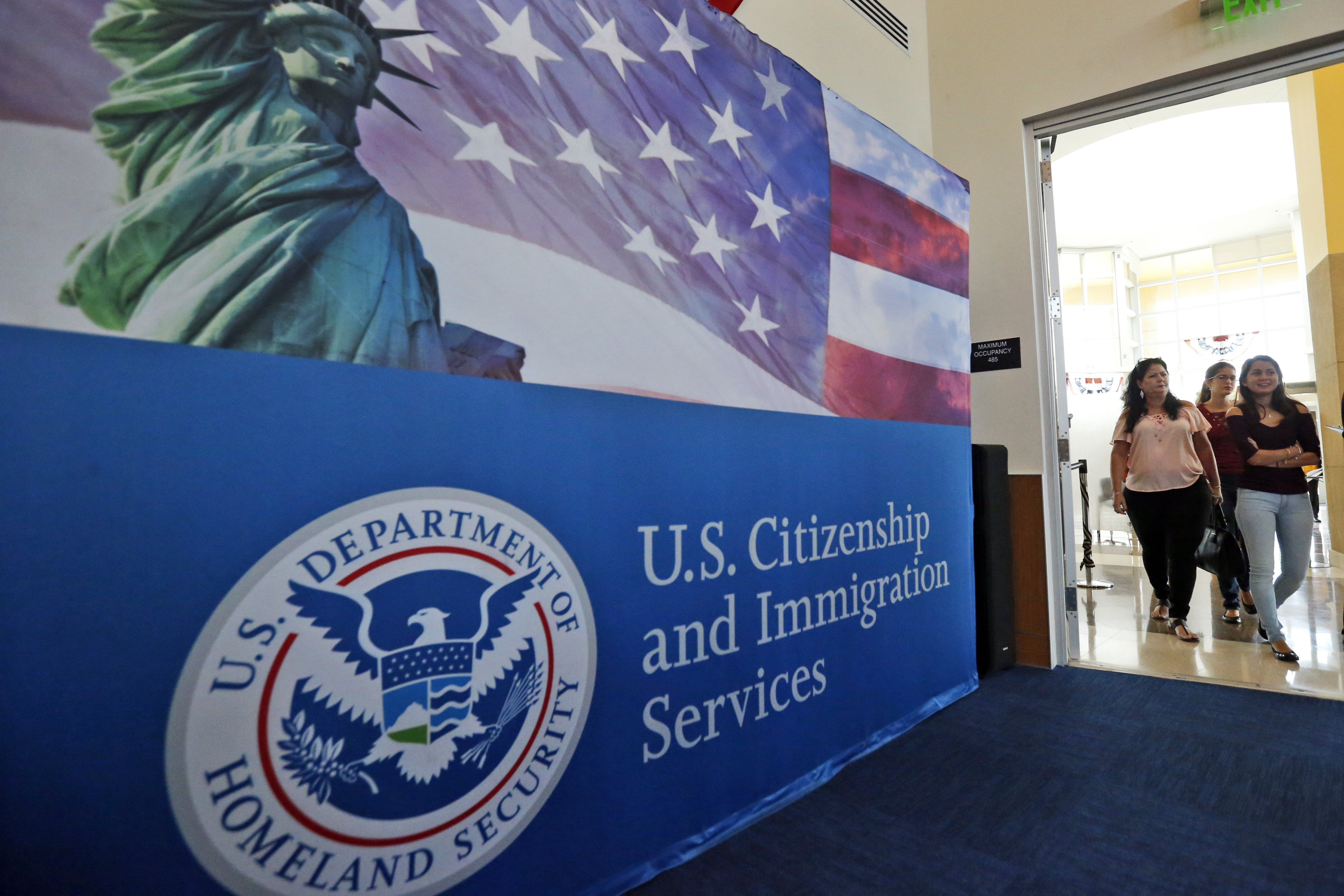Days away from a highly-expected Supreme Court decision on abortion, tension in the nation’s capital and beyond is sky high.
If the leaked opinion overturning Roe v. Wade becomes final, the U.S. would join a tiny club of countries that have restricted abortion in recent years.
According to the Center for Reproductive Rights, which advocates for abortion access, only three countries have scaled back access since 1994: Poland, Nicaragua and El Salvador.
Paula Ávila-Guillén, a human rights lawyer from Latin America, says making abortions more available is stifled in the U.S.
"It seems that while the world is going forward towards a broader liberalization of abortion laws, the United States is going backwards," Ávila-Guillén said.
Over the same period, more than 50 nations have made it easier to get an abortion, including Argentina, Colombia, Mexico, Ireland, Thailand and South Korea.
With the global trend clearly moving toward more abortion rights, fewer and fewer women live in countries that prohibit it.
The Center for Reproductive Rights says 27% of women of reproductive age worldwide are subject to complete or severe abortion bans in 66 countries. Millions of Americans would quickly join that list, should the Supreme Court overturn Roe.
“It's estimated that at least 26 million women are going to be without access to abortion the moment that Roe falls, and we suspect that that number is just going to increase substantially," Ávila-Guillén said.
Ávila-Guillén says Texas and other states keen to criminalize abortion could one day resemble El Salvador, where women suspected of receiving abortions can be jailed.
“Any person could denounce these women and try to criminalize them," Ávila-Guillén said.
While the U.S. would be an outlier on the global stage for rolling back abortion rights, it's also somewhat of an exception at the moment under Roe v. Wade. The U.S. is one of only seven countries allowing abortions without restrictions beyond 20 weeks of pregnancy.
Michael New of the Catholic University of America, which backs more restrictions on abortion, says the U.S. differs because it relies on a court decision.
“Our abortion policy was really not set through the democratic process," New said.
Because of medical advances, the vast majority of abortions in the U.S. and other high-income countries now take place before 13 weeks of pregnancy.











